
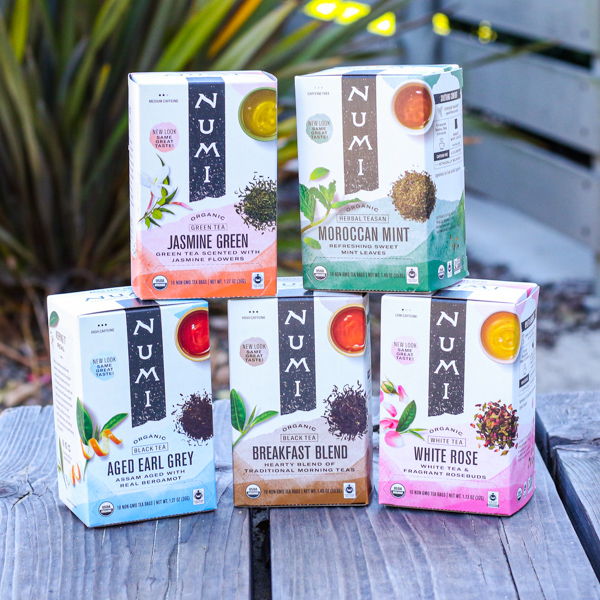
Numi supports biodiversity and forest conservation by working to reduce their carbon footprint. They co-founded the One Step Closer collaborative in an effort to develop compostable alternatives to petroleum- based packaging. They use compostable plant-based tea wrappers, are certified climate neutral, and have a partnership with the Carbon Fund in which they work to reduce their environmental impact.
Alter Eco pioneered compostable solutions for their products. They launched the world’s first compostable, non- GMO and non-toxic candy wrappers for the inner wrappings of their truffles. They also created the first compostable, plant-based stand up pouches for their quinoa products.
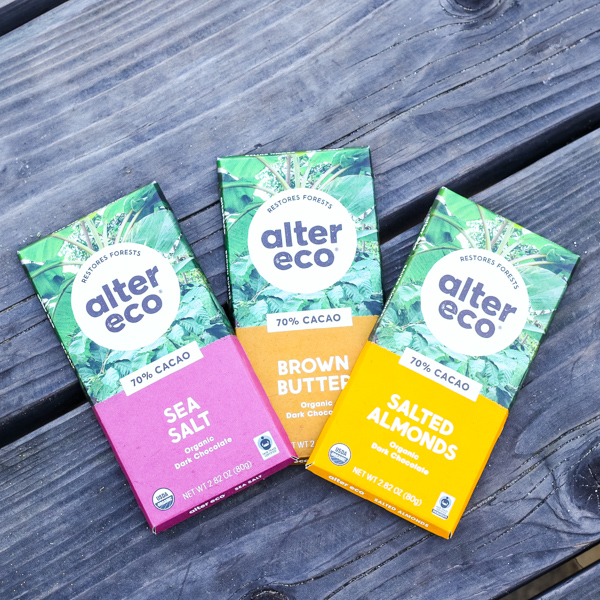
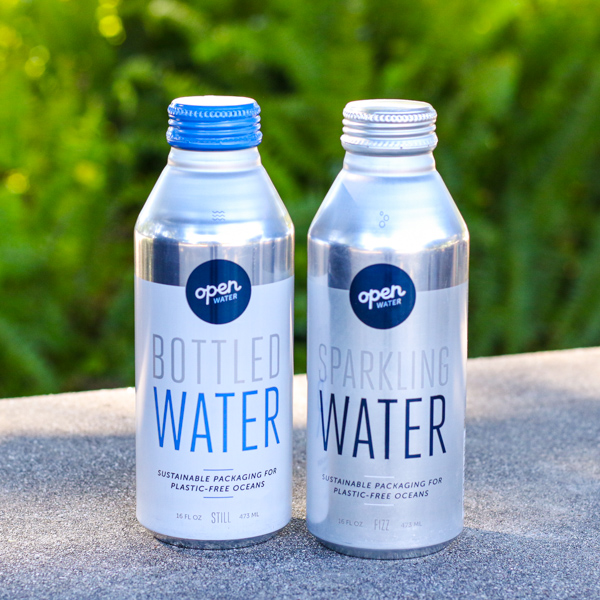
Unlike regular plastic water bottles, Open Water uses eco- friendly aluminum bottles and cans that are infinitely recyclable. 67% of aluminum gets recycled – twice as often as plastic, glass and cartons. Open Water is invested in reducing ocean pollution and protecting sea life and donate a portion of their profits to ocean conservation projects.
Using 100% post-consumer recycled materials for their liquid soaps and shipping boxes, Dr. Bronner’s is invested in reducing their waste and greenhouse gas emissions. Dr. Bronner’s utilizes waste sorting stations at their facilities and are committed to reducing their landfill waste to only one dumpster per month.
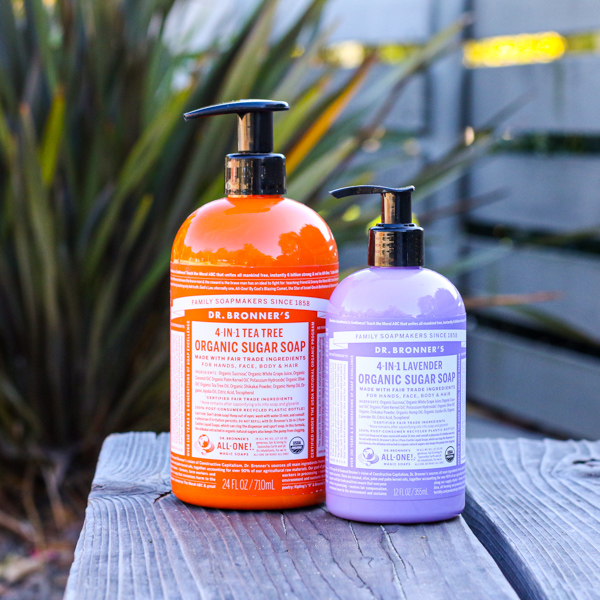
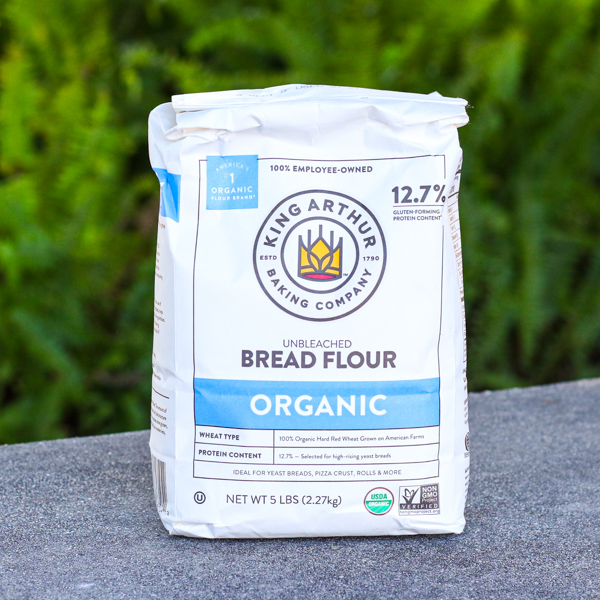
King Arthur Flour instills companywide environmental principles regarding waste management and recycling efforts. Avoiding virgin packaging materials, they use only recyclable bags and boxes for their flour and baking products. They further incentivize green practices through their employee reimbursement program which encourages carpooling, and saves 72,000 miles per year.
Always making strides to be more sustainable, Cocokind has made changes in their packaging that require less energy to produce. Their tubes are made using sugarcane materials, and the colors used on their products are plant and mineral based. All of their product boxes are certified by the Forestry Stewardship Council organization which invest in environmental practices and forest management.
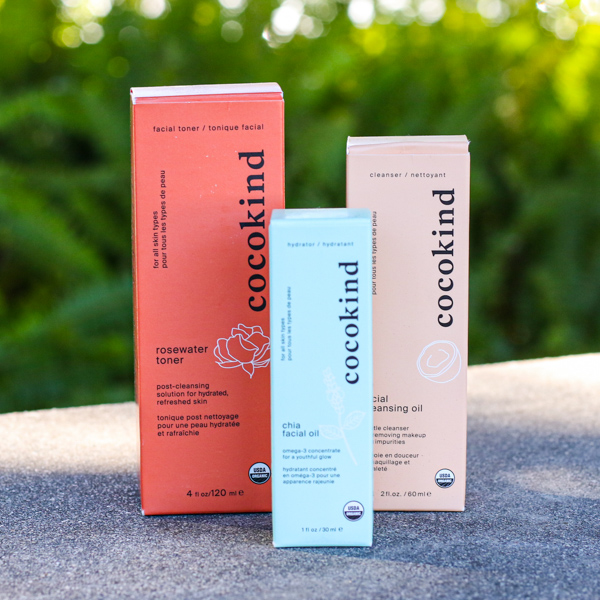
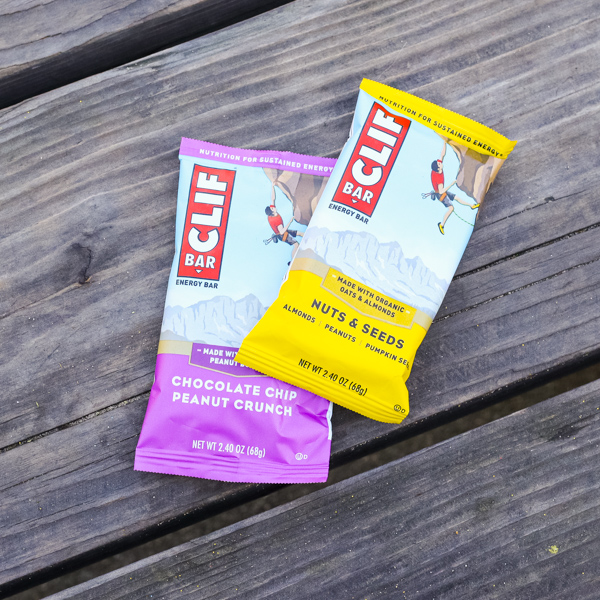
In efforts to reduce their environmental footprint and become more sustainable, Clif Bar uses the motto “Think Like a Tree” to guide their decisions. Over the years, Clif Bar has made many strides to become more environmentally friendly, including making their caddies shrink wrap free, using 100% recycled paperboard and committing to maintaining 100% green power. Last year, they pledged to make all Clif Bar packaging reusable, recyclable or compostable by 2025.
Guayaki seeks to provide the greenest packaging possible. Around 95% of their bottles and cans are recyclable and they sell their loose leaf teas in compostable packaging using Natureflex. They further reduced their waste by eliminating the the overwrap and tea string from their single-use mate bags.
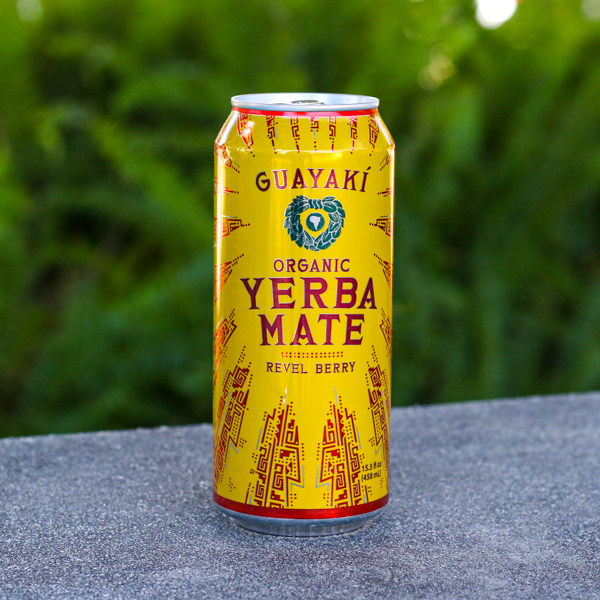
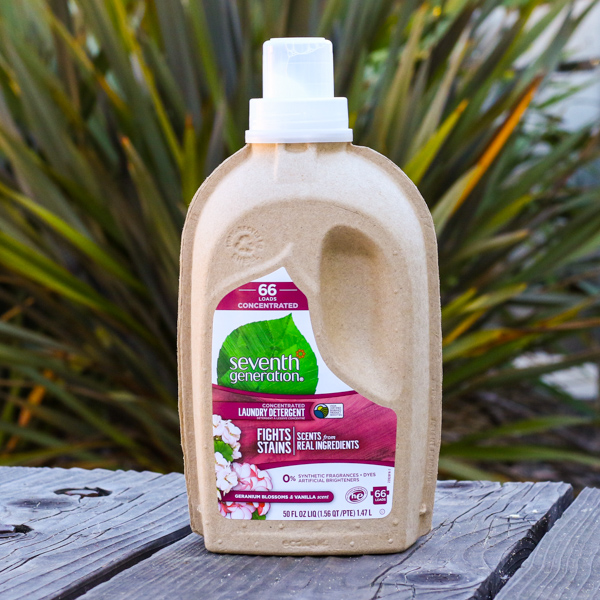
Always considering their environmental impact, Seventh Generation is an industry leader in the use of post- consumer recycled (PCR) materials. Seventh Generation has pledged to make all their products and packaging with post-consumer or bio-based recycling content. There efforts have already proven successful as many of their products have increased in the amount of PCR materials used.

Numi supports biodiversity and forest conservation by working to reduce their carbon footprint. They co-founded the One Step Closer collaborative in an effort to develop compostable alternatives to petroleum- based packaging. They use compostable plant-based tea wrappers, are certified climate neutral, and have a partnership with the Carbon Fund in which they work to reduce their environmental impact.

Alter Eco pioneered compostable solutions for their products. They launched the world’s first compostable, non- GMO and non-toxic candy wrappers for the inner wrappings of their truffles. They also created the first compostable, plant-based stand up pouches for their quinoa products.

Unlike regular plastic water bottles, Open Water uses eco- friendly aluminum bottles and cans that are infinitely recyclable. 67% of aluminum gets recycled – twice as often as plastic, glass and cartons. Open Water is invested in reducing ocean pollution and protecting sea life and donate a portion of their profits to ocean conservation projects.

Using 100% post-consumer recycled materials for their liquid soaps and shipping boxes, Dr. Bronner’s is invested in reducing their waste and greenhouse gas emissions. Dr. Bronner’s utilizes waste sorting stations at their facilities and are committed to reducing their landfill waste to only one dumpster per month.

King Arthur Flour instills companywide environmental principles regarding waste management and recycling efforts. Avoiding virgin packaging materials, they use only recyclable bags and boxes for their flour and baking products. They further incentivize green practices through their employee reimbursement program which encourages carpooling, and saves 72,000 miles per year.

Always making strides to be more sustainable, Cocokind has made changes in their packaging that require less energy to produce. Their tubes are made using sugarcane materials, and the colors used on their products are plant and mineral based. All of their product boxes are certified by the Forestry Stewardship Council organization which invest in environmental practices and forest management.

In efforts to reduce their environmental footprint and become more sustainable, Clif Bar uses the motto “Think Like a Tree” to guide their decisions. Over the years, Clif Bar has made many strides to become more environmentally friendly, including making their caddies shrink wrap free, using 100% recycled paperboard and committing to maintaining 100% green power. Last year, they pledged to make all Clif Bar packaging reusable, recyclable or compostable by 2025.

Guayaki seeks to provide the greenest packaging possible. Around 95% of their bottles and cans are recyclable and they sell their loose leaf teas in compostable packaging using Natureflex. They further reduced their waste by eliminating the the overwrap and tea string from their single-use mate bags.

Always considering their environmental impact, Seventh Generation is an industry leader in the use of post- consumer recycled (PCR) materials. Seventh Generation has pledged to make all their products and packaging with post-consumer or bio-based recycling content. There efforts have already proven successful as many of their products have increased in the amount of PCR materials used.